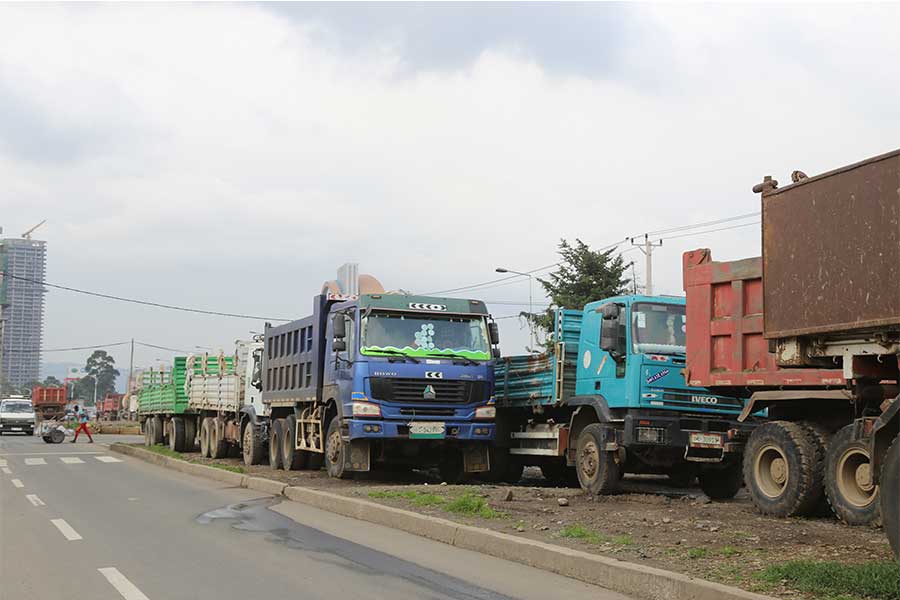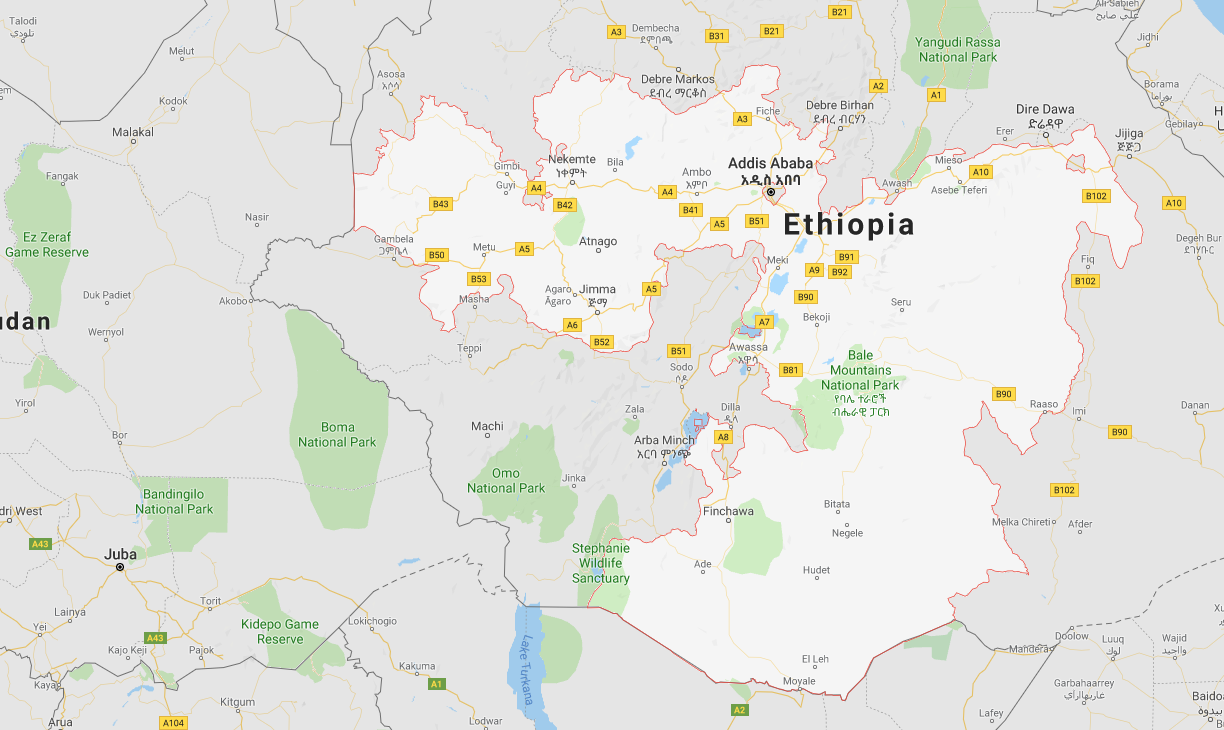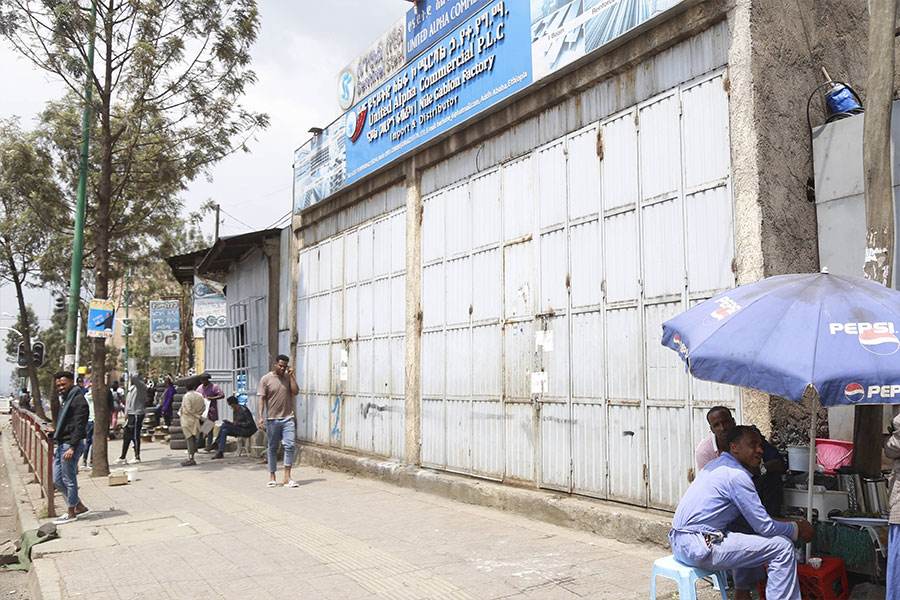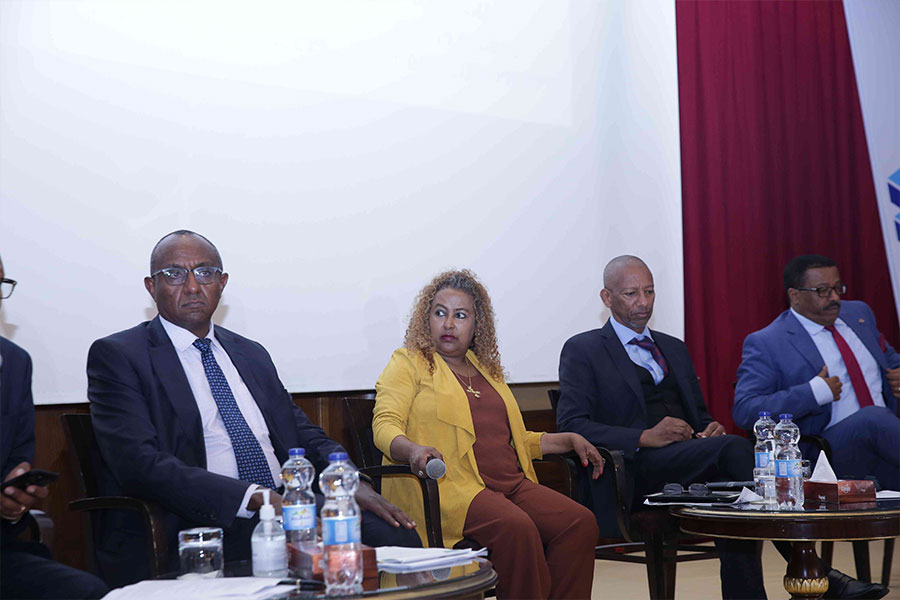
Agenda | Jul 20,2019
Dec 29 , 2018
By MADEBO GIRMA ( FORTUNE STAFF WRITER )
 The City Small & Micro Enterprises Development Bureau is drafting a directive to compel small and micro-enterprises (SMEs) to upgrade themselves to medium level after five years of programme participation.
The City Small & Micro Enterprises Development Bureau is drafting a directive to compel small and micro-enterprises (SMEs) to upgrade themselves to medium level after five years of programme participation. The City Small & Micro Enterprises Development Bureau is drafting a directive to compel small and micro-enterprises (SMEs) to upgrade themselves to medium level after five years of programme participation.
The Bureau has been working on three different directives that focus on three areas - upgrading enterprises, creating market linkages and formation and registration of the enterprises.
The draft directive, in preparation for almost a year, states that enterprises that fail to upgrade themselves in five years will see their licenses revoked. The Bureau will grant a three-month grace period at the expiration of their participation to allow companies to upgrade.
The process of achieving medium-level involves three certification stages.
The directive is the result of observations by the city administration that many of the 30,000 companies spread across different sectors are disinterested in upgrading themselves, preferring to stay in a programme that offers them privileges and assistance as SMEs, according to Awol Mohamed, director of Enterprise Transformation & Support at the Bureau.
"Many enterprises have failed to upgrade themselves, some for over a decade," said Awol.
The new directive defines micro enterprises as those that employ at least five employees with a capitalization of 100,000 Br for industries, and 50,000 Br for service providers. Small enterprises are categorized as those who employ six to 30 workers and are capitalized with up to 1.5 million Br for industries, and 500,000 Br for service providers.
"We are not accepting new applicants as the existing SMEs are not leaving their spots in the programme," said Awol.
Since the launch of the city’s micro, small and medium-enterprise classification system in 2010, over 30,000 enterprises have registered. However, only about 1,500, or four percent of the businesses, have graduated to the medium-enterprise level.
The cause for these low results is attributed to fears that the benefits and incentives the city programme offers businesses will be cut off, according to Awol.
These benefits and incentives include provisions for workplaces, procurement of raw materials, loans and other support.
The assistance the Bureau has been providing was not sufficient, according to Molalegne Baye, communications director at the Bureau.
The enterprises will find markets through outsourcing, outgrowing, franchising and subcontracting.
"The existing supports for the enterprises are not encouraging and making the businesses competitive," said Molalegne.
Creating a market linkage with governmental and non-governmental organisations, individual entrepreneurs and other businesses through telemarketing, e-commerce and bazaar and exhibition showcases are among the plans of the Bureau under the new directive.
"In previous time our mandate was to organise new enterprises rather than creating market linkages," said Nebiyu Wudnehe, director of Job Creation at the Bureau.
For businesses that engage in the construction industry, the Bureau will create market linkages worth 10 million Br, according to the new directive. It is also expected to create market linkages worth 1.2 million Br for those engaged in services and urban agriculture. Small enterprises engaged in manufacturing will get market linkages worth 670,000 Br through the Bureau.
Jemal Abagigissa (PhD), a lecturer at Addis Abeba University for over a quarter of a century and the current head of the Department of Management & Public Administration, cheers the move made by the Bureau.
"Many SMEs get into a comfort zone with the supports they get and don't want to grow," said Jemal. "But the license of the businesses should be revoked if the bureau has given all the necessary support to the businesses."
Jemal also suggests a concerted effort should be taken by the government and the SMEs to make sure that these enterprises achieve their goal in creating an industrialised Ethiopia.
PUBLISHED ON
Dec 29,2018 [ VOL
19 , NO
974]

Agenda | Jul 20,2019

Films Review | Dec 05,2018

Radar | Nov 07,2020

Fortune News | Oct 19,2019

Agenda |

Radar | Nov 16,2019

Fortune News | Nov 07,2020

Agenda | Oct 09,2021

Fortune News | Mar 11,2023

Radar | Jan 14,2023

Jul 13 , 2024 . By AKSAH ITALO
Investors who rely on tractors, trucks, and field vehicles for commuting, transportin...

Jul 13 , 2024 . By MUNIR SHEMSU
The cracks in Ethiopia's higher education system were laid bare during a synthesis re...

Jul 13 , 2024 . By AKSAH ITALO
Construction authorities have unveiled a price adjustment implementation manual for s...

Jul 13 , 2024
The banking industry is experiencing a transformative period under the oversight of N...

Jul 20 , 2024
In a volatile economic environment, sudden policy reversals leave businesses reeling...

Jul 13 , 2024
Policymakers are walking a tightrope, struggling to generate growth and create millio...

Jul 7 , 2024
The federal budget has crossed a symbolic threshold, approaching the one trillion Bir...

Jun 29 , 2024
In a spirited bid for autonomy, the National Bank of Ethiopia (NBE), under its younge...